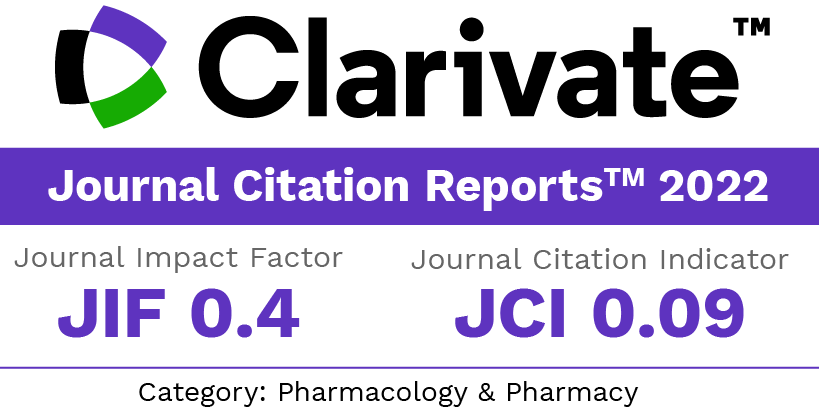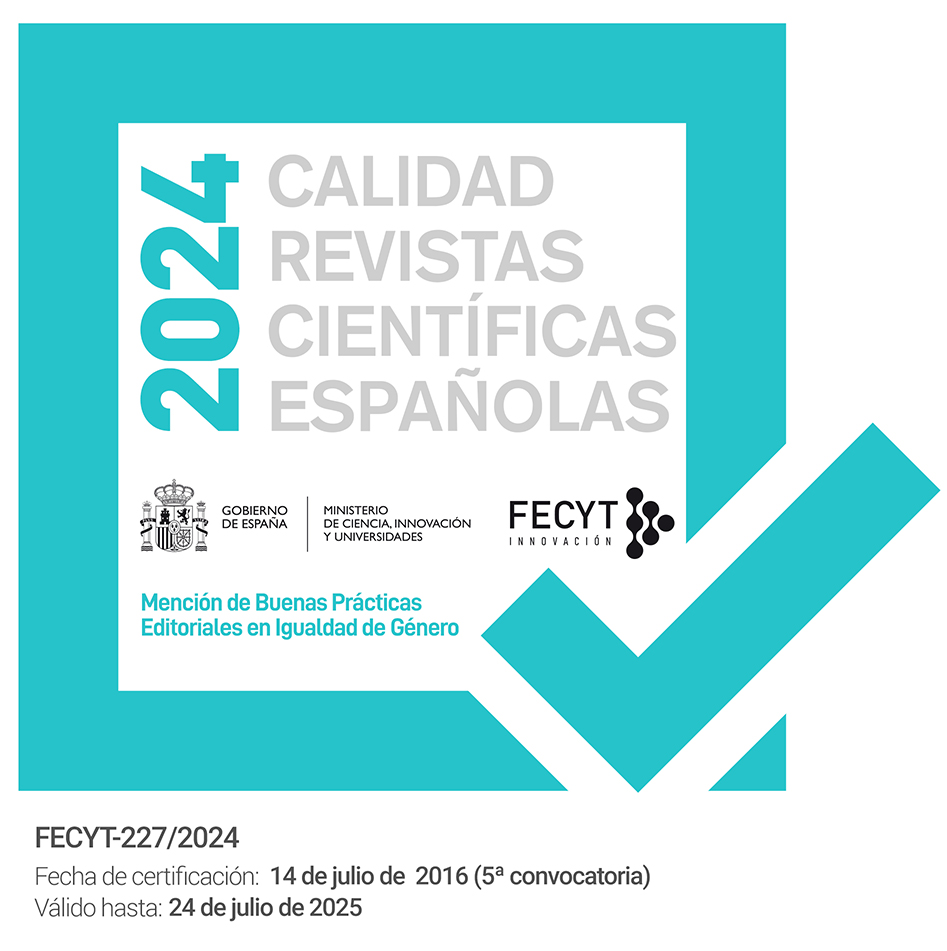Español
Abstract
As a homage, full of admiration, gratitude and affection, to his memory, this article is a scientific and human biography of professor Ochoa (1905- 1993), one of the most outstanding authorities of c1assic biochemistry -which shone with magnificence in the first half of this century- and one of the founders of modem molecular biology, bom with vigour and grandeur in the late 1950. After his initial education in Málaga, Severo Ochoa entered Madrid University in 1922 to study medicine under the influence exerted upon him by the famous neuroanatomist Ramón y Cajal and was selected to work under the direction of the professor of physiology Negrin. From 1929 to 1941, Ocho a worked in Germany with Meyerhof, in England with Dale and Peters, and in USA with the Coris. After Ochoa's long peregrination, his destination was New York, where he became research associate and professor of biochemistry and carried out most of his celebrated discoveries during the period 1942-1974 , when he moved to Nutley until the date of his definitive retum to Madrid in 1985. Ochoa is the father of oxidative phosphorylation and the discoverer of polynucleotide phosphorylase, the enzyme which catalyzes the formation of ribonuc1eic acid from nucleoside diphosphates. He also contributed decisively to the elucidation of some fundamental reactions in photosynthesis and intermediary metabolism, the breaking of the genetic code and the biosynthesis of proteins. Ochoa was awarded the 1959 Nobel Prize for physiology or medicine, sharing it with his former student Arthur Komberg.
Downloads
Downloads
Published
How to Cite
Issue
Section
License
The articles, which are published in this journal, are subject to the following terms in relation to the rights of patrimonial or exploitation:
- The authors will keep their copyright and guarantee to the journal the right of first publication of their work, which will be distributed with a Creative Commons BY-NC-SA 4.0 license that allows third parties to reuse the work whenever its author, quote the original source and do not make commercial use of it.
b. The authors may adopt other non-exclusive licensing agreements for the distribution of the published version of the work (e.g., deposit it in an institutional telematic file or publish it in a monographic volume) provided that the original source of its publication is indicated.
c. Authors are allowed and advised to disseminate their work through the Internet (e.g. in institutional repositories or on their website) before and during the submission process, which can produce interesting exchanges and increase citations of the published work. (See The effect of open access).


















